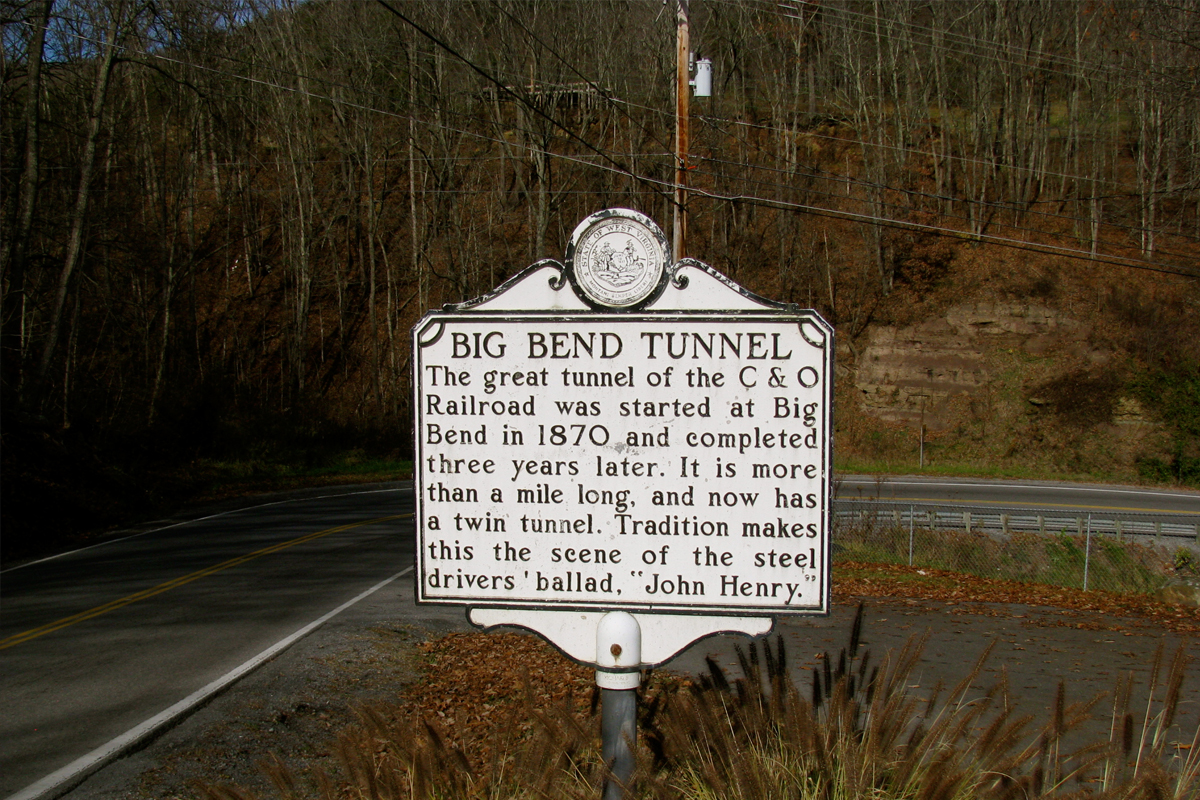“El Salón México”: Aaron Copland Conducts the New York Philharmonic
Today marks the 118th anniversary of the birth of American composer Aaron Copland (1900-1990). In celebration, let’s listen to a clip of Copland conducting his exuberant orchestral tone poem, El Salón México, as part of a New York Philharmonic Young People’s Concert, recorded on November 12, 1960. In the episode, entitled Happy Birthday Aaron Copland, Leonard Bernstein stresses the youthful, distinctly American vitality of Copland’s music, from An Outdoor Overture, to the Hoe Down from Rodeo, to excerpts from Early American Songs, …






